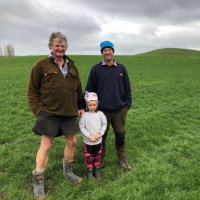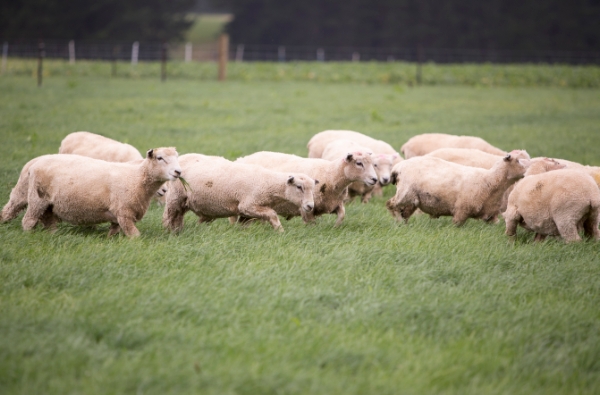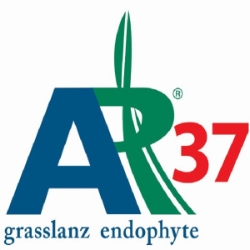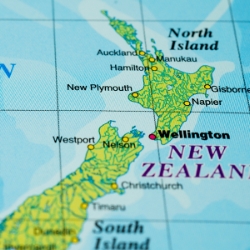Base
tetraploid perennial ryegrass

- Exceptional yielding tetraploid perennial ryegrass
- Excellent cool season yields
- Very high tiller density
- AR37 endophyte for strong persistence
- Excellent for dairy and intensive sheep/beef systems
- Best suited to rotational grazing
Ideal for high performance systems with a focus on pasture management and quality. Base tetraploid perennial ryegrass offers top production with increased animal preference, meaning higher animal intakes and easier management of post-grazing residuals.
Base was selected from high yielding, densely-tillered plants that survived two years of severe drought and hard grazing. Base pastures offer low aftermath heading to maximise summer quality and animal production.
Example Pasture Mixes
Dairy Pasture Mix
Base perennial ryegrass 25-28 kg/ha
Legacy white clover 2 kg/ha
Quartz white clover 2 kg/ha
Sheep and Beef Pasture Mix
Base perennial ryegrass 25-28 kg/ha
Quartz white clover 2 kg/ha
Hilltop white clover 2 kg/ha
For increased animal performance, nitrogen fixation and pasture management, add Amigain red clover to pasture mixes at 4-6 kg/ha.

Base has exceptional yield and year-round production that's well suited to meeting the demands of a finishing system. It recovers well, with great persistence, from a harsh summer dry environment





